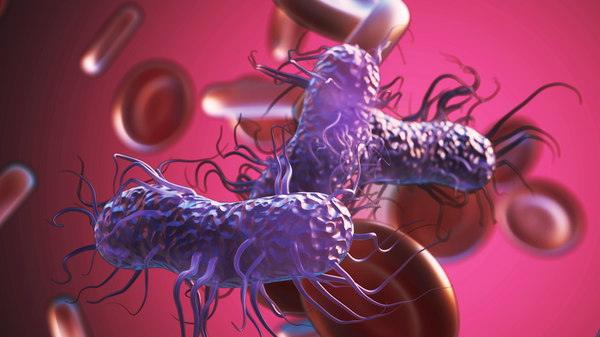ASU study: Support from romantic partners protects against negative relationship stress in teens

Research from the ASU Department of Psychology has shown that adolescents who feel supported by a romantic partner are less impacted by daily levels of stress affecting how loved they feel in their relationship. Photo by Ron Lach/Pexels
Adolescents regularly deal with high levels of stress, which can increase the risk of substance use and experiencing mental health challenges such as anxiety or depression.
Stress can also affect romantic relationships — but the impact of daily stress levels on adolescents’ sense of feeling loved by their partners is not well understood. Research from the Arizona State University Department of Psychology has shown that feeling supported by a romantic partner can help negate the negative effects that stress can have on relationships.
The study, which was published in Developmental Science, examined whether feeling supported by a romantic partner affected the impact of experienced stress on feeling loved from a sample of nearly 100 adolescent romantic couples.
“Feeling loved in a romantic relationship is an important part of adolescence; it fosters social bonds, affection and joy, and is essential to well-being, including physical and mental health and long-term relationship satisfaction. But, feelings of love can fluctuate daily. We found that, overall, adolescents' levels of daily stress were connected to adolescents feeling less loved by a romantic partner — but that feeling supported by a romantic partner was protective against negative influences of stress,” said Thao Ha, associate professor of psychology at ASU and first authorMasumi Iida, associate professor in the T. Denny School of Social and Family Dynamics, and ASU psychology graduate students Selena Quiroz, Olivia Maras, and Andrea Savord also contributed to the study. on the study.
Stress spillover
The study participants completed surveys assessing stressful events experienced that day, how supportive their romantic partner was, and how loved they felt by their partner twice a week for 12 weeks.
“I was so surprised to see how teens were open in sharing their daily stressful experiences. They would describe events that ranged from being late to class, their partner not responding to texts, a shooting in the neighborhood, to visiting a sibling in jail or worrying that the family dog was dying,” Ha said.
The researchers found that experiencing high-severity stress events was inversely related to how loved the adolescents felt in their romantic relationship, a phenomenon called spillover, according to Ha.
“Most of what is known about stress and love is from research in adults, and that literature shows that stress from daily life ‘spills over’ into romantic relationships and can make people feel less loved,” she said. For example, a stressful day at work can impact your relationship with your partner.
The researchers also examined whether participants’ romantic partners, peers or parents provided protection against stress. Ha said the research team was surprised that the support from romantic partners had a bigger impact than peers or parents did on the effects adolescents experienced on stress and love.
When participants indicated that their romantic partners were unsupportive, they felt less loved when under stress. But, when participants indicated that their romantic partners were supportive, experiencing stress did not affect how loved they felt. The researchers said these findings show that supportive adolescent romantic relationships can act as a buffer against the negative effects of stress on feeling loved.
“Feeling loved is such a fundamental experience in teenage relationships. Our study shows how adolescent romantic partners have an important function for coping with stress. Teenage love as a social context in which teens learn the basics of caregiving — to successfully respond to their partners’ distress or request for help in a way that satisfies the partner's needs — has potentially far broader implications but is highly understudied,” Ha said.
More Science and technology

No one left behind: AI-enabled support for aging vets
Loneliness has been called the silent killer. The U.S. surgeon general has described the negative health effects of social isolation as being as damaging as smoking cigarettes. While many aging…

ASU researchers contribute to groundbreaking discovery on exoplanet formation
A team of astronomers have discovered the small exoplanet GJ 3470 b shrouded in a surprising yellow haze of sulfur dioxide, making the planet a prime opportunity for scientists trying to understand…

ASU researchers gain insight into how a deadly strain of salmonella fine-tunes its infection tactics
Disease-causing microbes have evolved sophisticated strategies for invading the body, flourishing in often hostile environments and evading immune defenses. In a new study, Professor Cheryl…